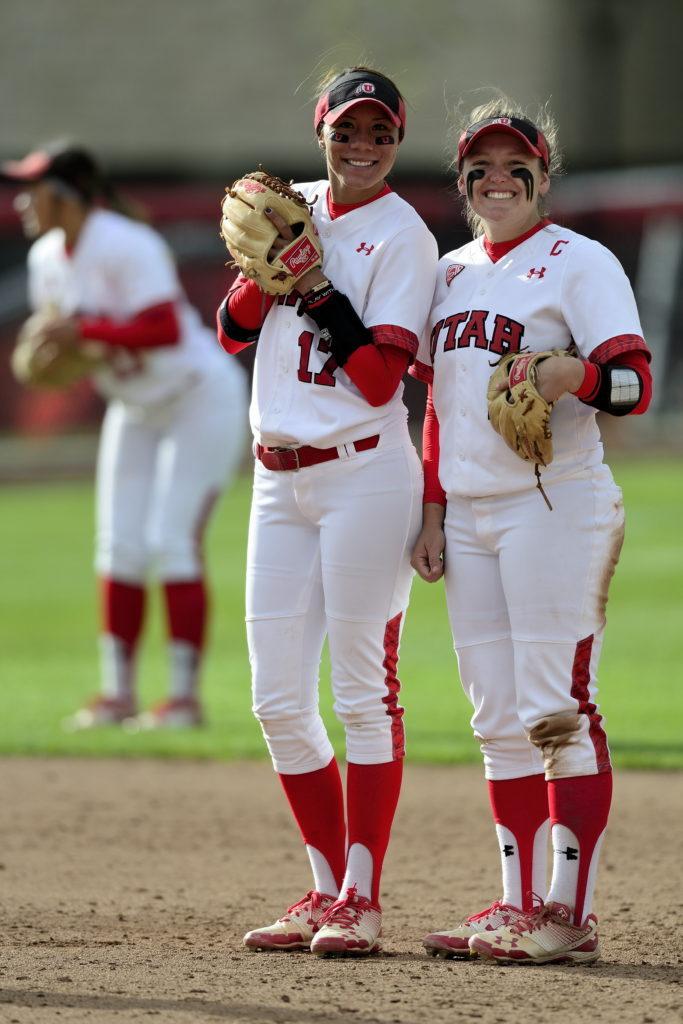The University of Utah athletics department set a school record this past spring when the athletic teams combined for a 3.165 GPA. What’s even more striking is that the 19 sports have earned above a 3.0 total GPA for 22 consecutive semesters.
Being successful in the classroom is just as important, if not more so, than a student athlete’s success on their respective playing field. Being able to balance multiple things at once better prepares them for life later on when their college playing days are over.
For plenty of college athletes, playing sports might seem like a full-time job. Managing everything can be a challenge, but the Utah student athletes prove it can be done.
Hannah Flippen, a senior on the softball team this past season, was named an Academic All-American for the second season in a row. Flippen earned a 3.59 GPA as she studied human development and family studies, and she did that while helping lead the Utes to two consecutive NCAA Super Regionals appearances. Flippen was selected in the 2017 National Pro Fastpitch League Draft, and she was also named the 2017 Pac-12 Player of the Year. She is a three-time Pac-12 All-Academic selection who will be returning to Utah on a Pac-12 postgraduate scholarship in the fall.
For collegiate athletes, there is pressure that comes with playing a sport, but the pressure to prepare for life after college sports can be daunting. It’s crucial for an athlete to have something other than the sport they play to get them far in life, because for many, sports will not pay the bills.
Many employers down the road won’t care about what somebody’s on base percentage was or what their 40-yard dash time was clocked at. What they want to know is what the current or former student-athlete can add to their company — everything from what jobs the person has held to what experiences they have had to learn and grow from.
The ability to manage competing in a college sport and performing well in school gives those an added edge in the workforce, because those experiences will prepare them for the transition of life after sports.
Recently, an ex-Florida State University football player made headlines, not for his football playing days, but for what he’s doing after. He’s now called Dr. Myron Rolle. He played safety in college, and he was drafted by the Tennessee Titans in the sixth round of the 2010 NFL Draft. Football wasn’t working out for him, so he decided to go a different route. He wanted to become a neurosurgeon.
This fall, he begins his residency.
Football prepared him for life after playing, and the discipline he learned from the football field prepared him for life in the medical field. Those intense moments on the football field may not be the same as performing neurosurgery, but he learned how to handle high-intensity situations because the sport prepared him for his future.
Academics do more than earn someone a college degree, they prepare that person for tomorrow. Sports teach athletes more than just wins and losses, they prepare them for different situations. Together, both sports and academics help Utah student-athletes prepare for their future after college, whether it involves sports or not.
c.mcmanamon@dailyutahchronicle.com
@curramac22


